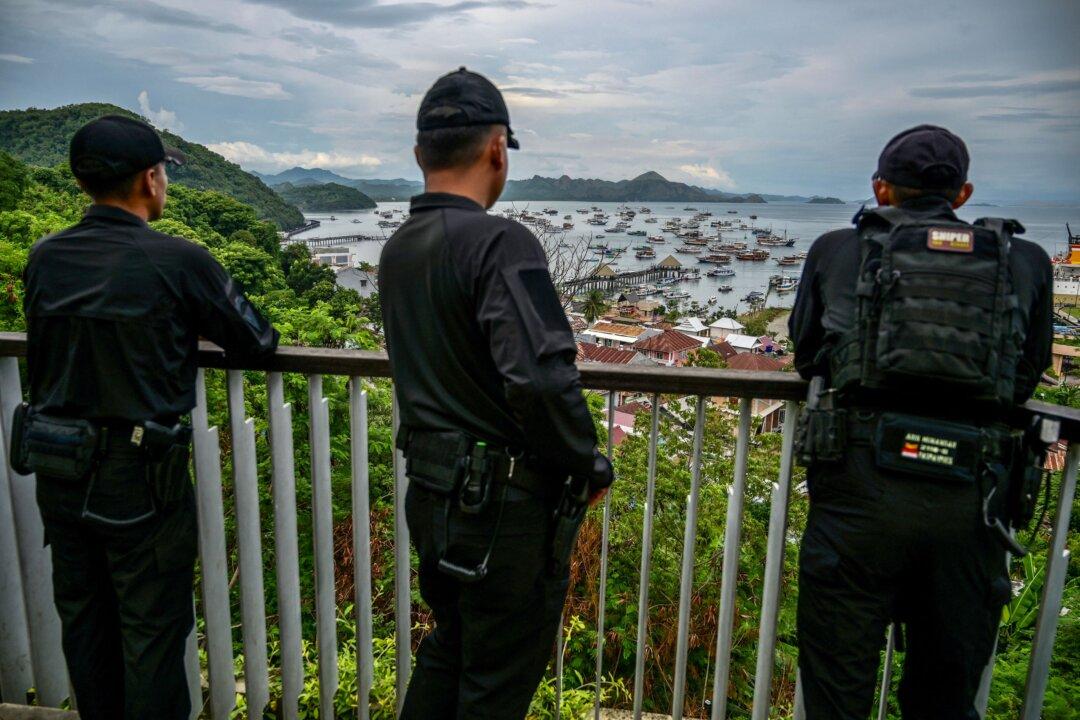Australian companies are being urged by the federal government to invest in Southeast Asian economies following the launch of Australia’s Southeast Asia Economic Strategy to 2040 in Jakarta on Sept. 6.
Prime Minister Anthony Albanese, who is in Indonesia to attend the ASEAN and East Asia summits, said Australian businesses have been lagging behind in seizing the opportunities available in the region.




